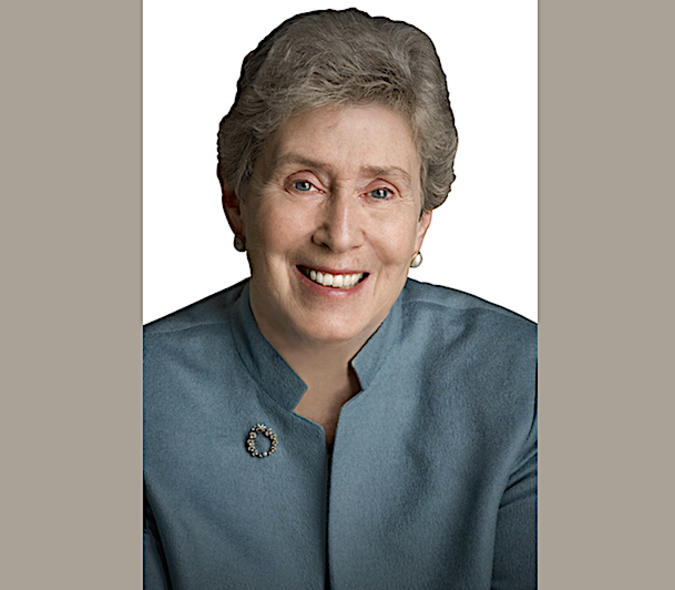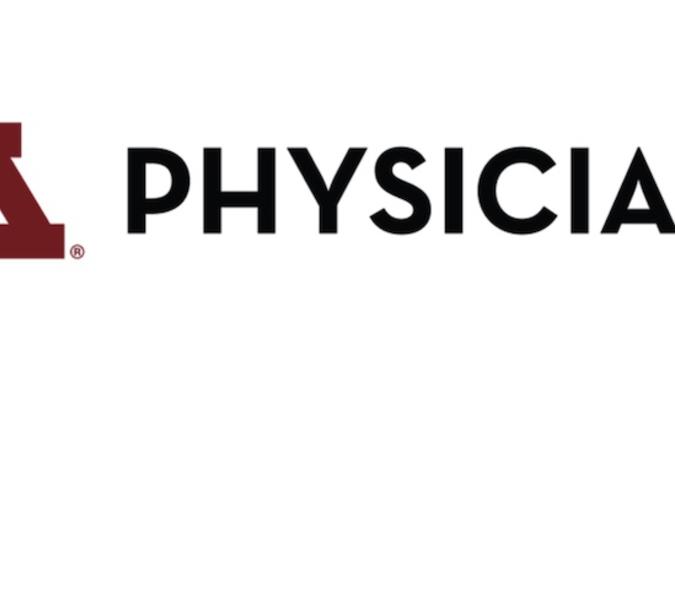
Mounting evidence for potential benefits of a prophylactic EBV vaccine keeps Balfour engaged
One of the runners-up in Science magazine’s “2022 Breakthrough of the Year” involved Epstein-Barr virus (EBV), a human herpes virus known to cause infectious mononucleosis and a variety of cancers and suspected of playing a role in post-acute infection syndromes such as Long COVID and chronic fatigue syndrome.
“Drawing on a vast trove of military medical records, researchers this year showed a common herpes virus is an essential player in multiple sclerosis (MS), a disease in which the immune system attacks neurons,” wrote Science’s Joceyln Kaiser. “The findings may lead to new ways to treat or prevent the mysterious disorder, which causes mild symptoms—including blurred vision, fatigue, and numbness—in some of its 2.8 million sufferers around the world, but gradually leaves others unable to speak or walk.”
In an article “It’s Not Just Long COVID” published in the Atlantic last August, LMP professor Hank Balfour and I noted that EBV infects at least 90 percent of adults, “which makes establishing a clear control group and proving that EBV was the cause of a long illness very difficult.” Yet, new research such as the MS study cited above and an MS study published concurrently in Nature that identified a possible disease mechanism is revealing more and more about the connection between EBV and chronic diseases.
In concluding her brief article about EBV and MS, Kaiser notes that were a safe and effective Epstein-Barr vaccine to be given to children worldwide, “someday MS could even go the way of polio and be virtually wiped out.”
That’s the hope of Balfour and his vaccine development team, which includes National Institutes of Health (NIH) virologist Jeffrey Cohen. Balfour and Cohen are recruiting subjects for a clinical trial entitled “Safety and immunogenicity of an Epstein-Barr Virus (EBV) gp350-ferritin nanoparticle vaccine in healthy adults without EBV infection.” They expect to launch the trial this spring after all regulatory approvals have been obtained from the University of Minnesota and NIH.
It was some 15 years ago that Balfour began discussions with faculty colleagues about developing a vaccine that would protect individuals from EBV infection. “Our research group was studying the epidemiology of infectious mononucleosis among college students at that time, and I became acutely aware of how serious a disease it could be,” Balfour said. “Preventing mono was a sufficient rationale to move ahead on the vaccine.”
The Randy Shaver Cancer Research & Community Fund has been a steady supporter of Balfour’s EBV vaccine project through the years. This year the fund granted Balfour’s request for his project “A vaccine against the first human cancer virus: Epstein-Barr Virus (EBV)” with the statement of project purpose “Prevention of EBV diseases including infectious mono, MS, and cancer, especially Hodgkin lymphoma.” KARE-11 TV co-anchor Randy Shaver was diagnosed with stage IV Hodgkin lymphoma in 1998.
In a 2021 review “Estimating the global burden of Epstein–Barr virus-related cancers,” the authors found that six EBV-related cancers, including Hodgkin lymphoma, accounted for several hundred thousand new cases and as many as 208,000 deaths in 2020.
In summary, Balfour said, “It’s been an Odyssey-like research journey, but I never thought of giving up. And now, recent scientific progress on understanding the importance of EBV diseases keeps me enthusiastic and fully engaged.”
----------
Image above from "Study suggests Epstein-Barr virus may cause multiple sclerosis." NIH Research Matters, Feb. 1, 2022.



